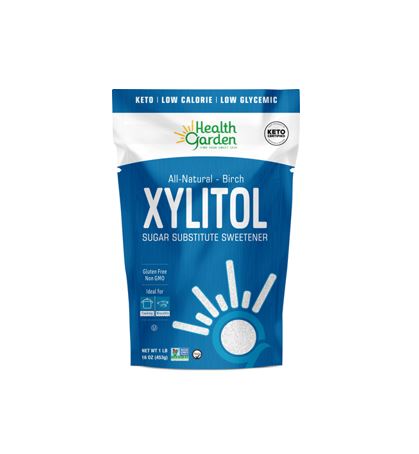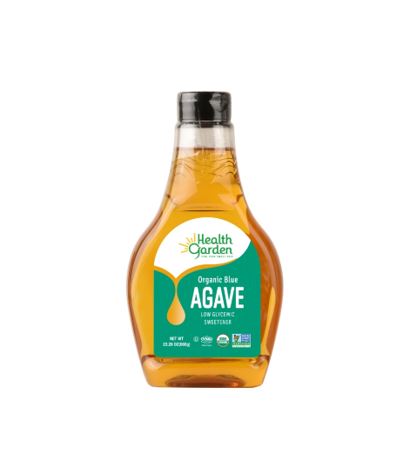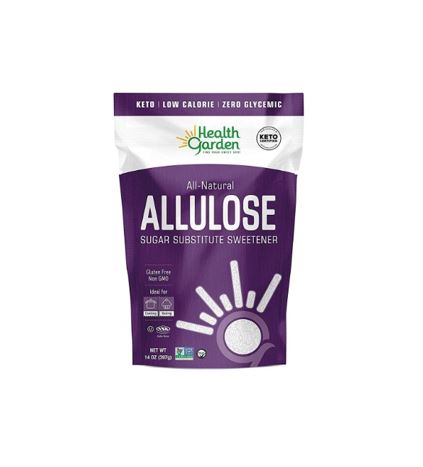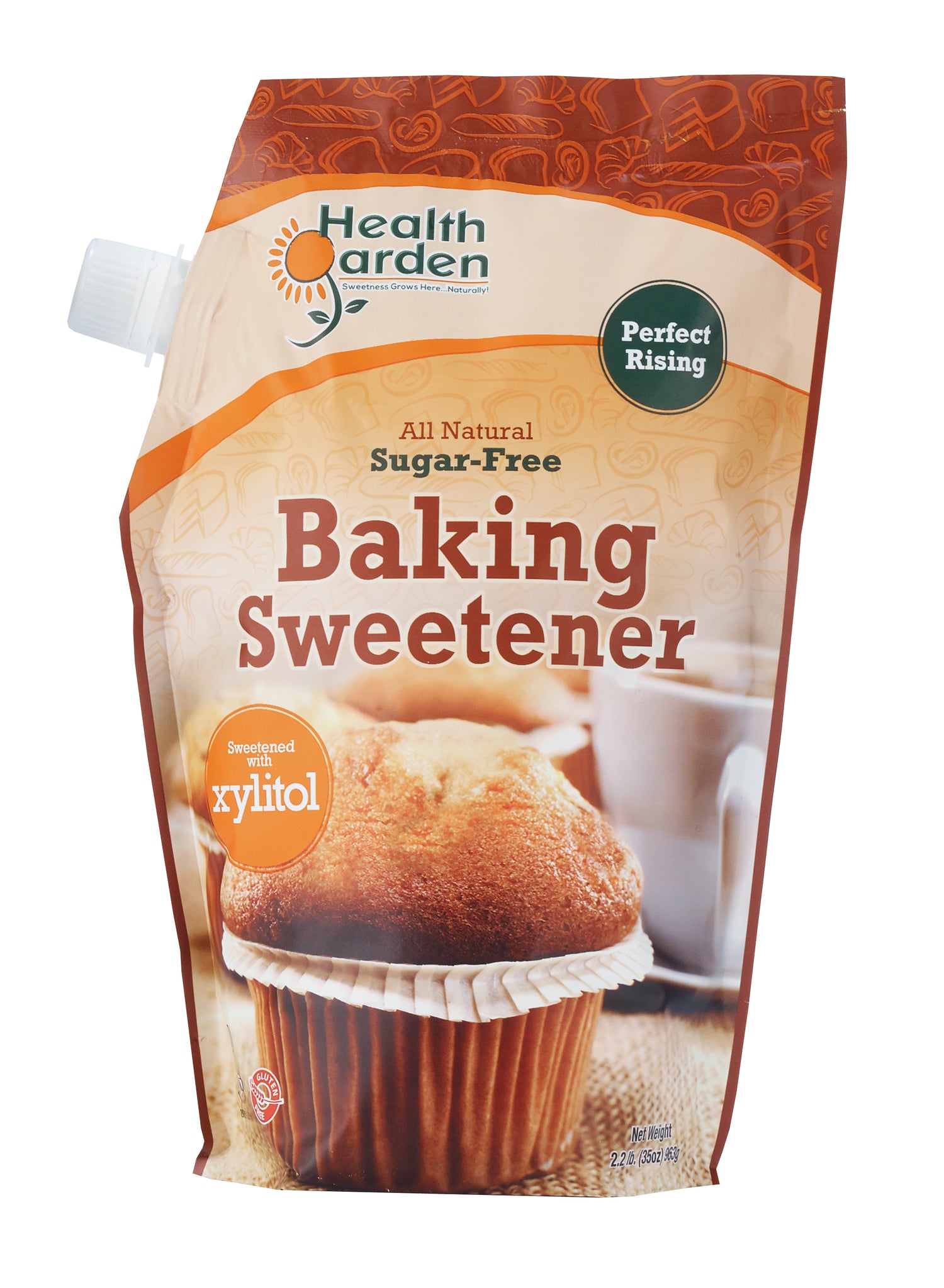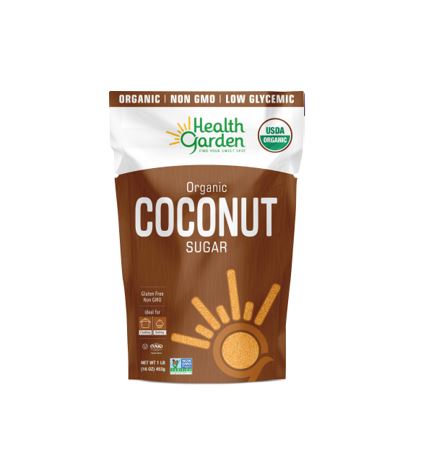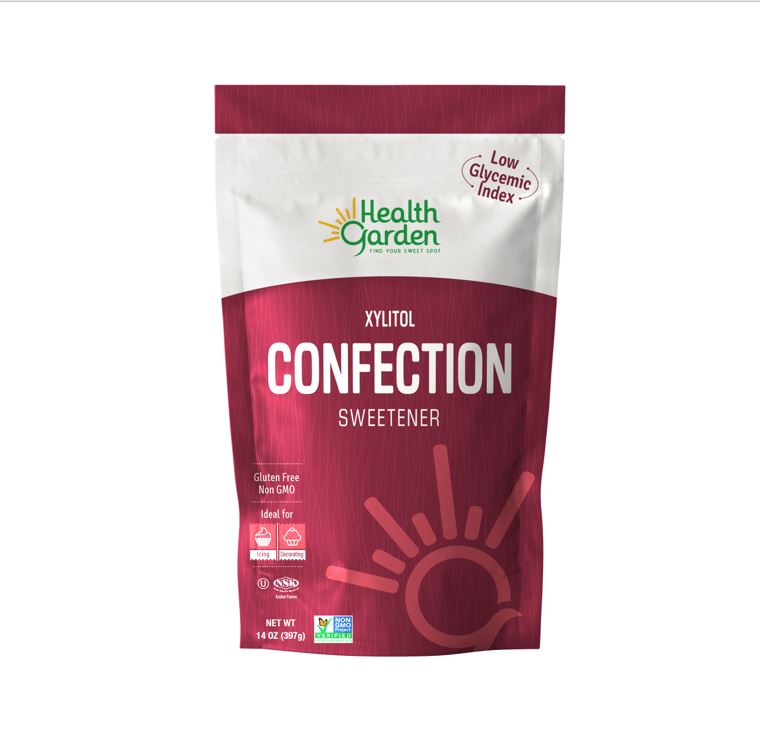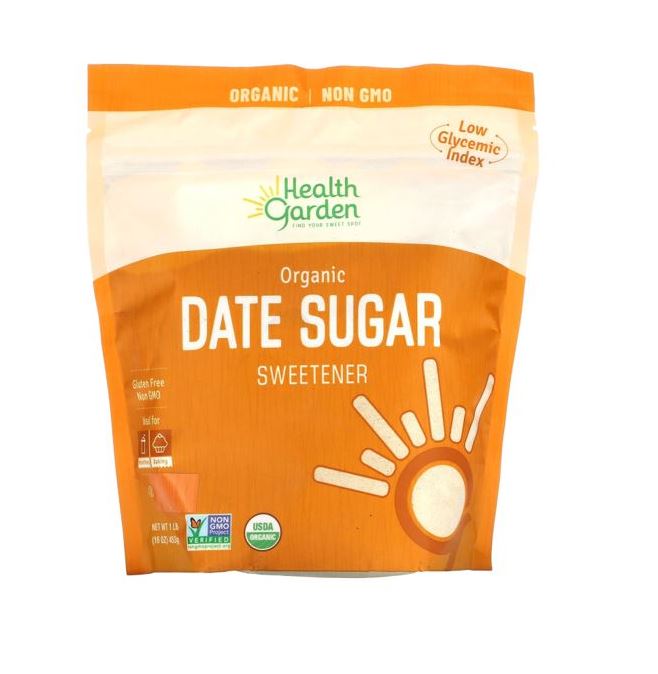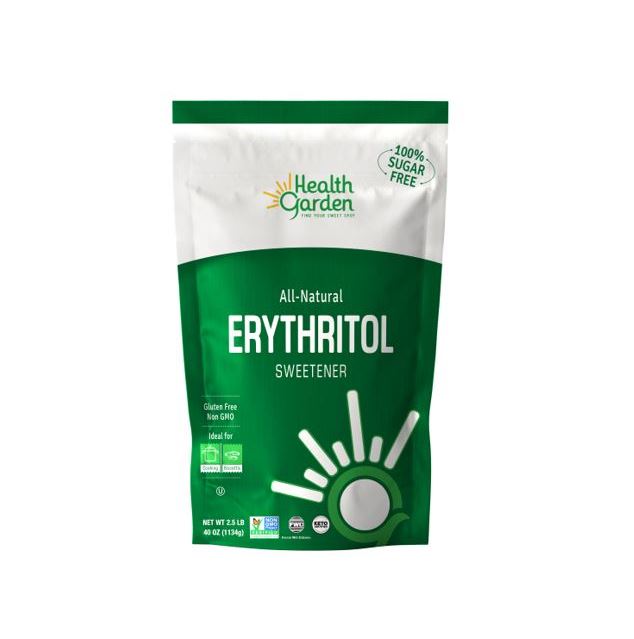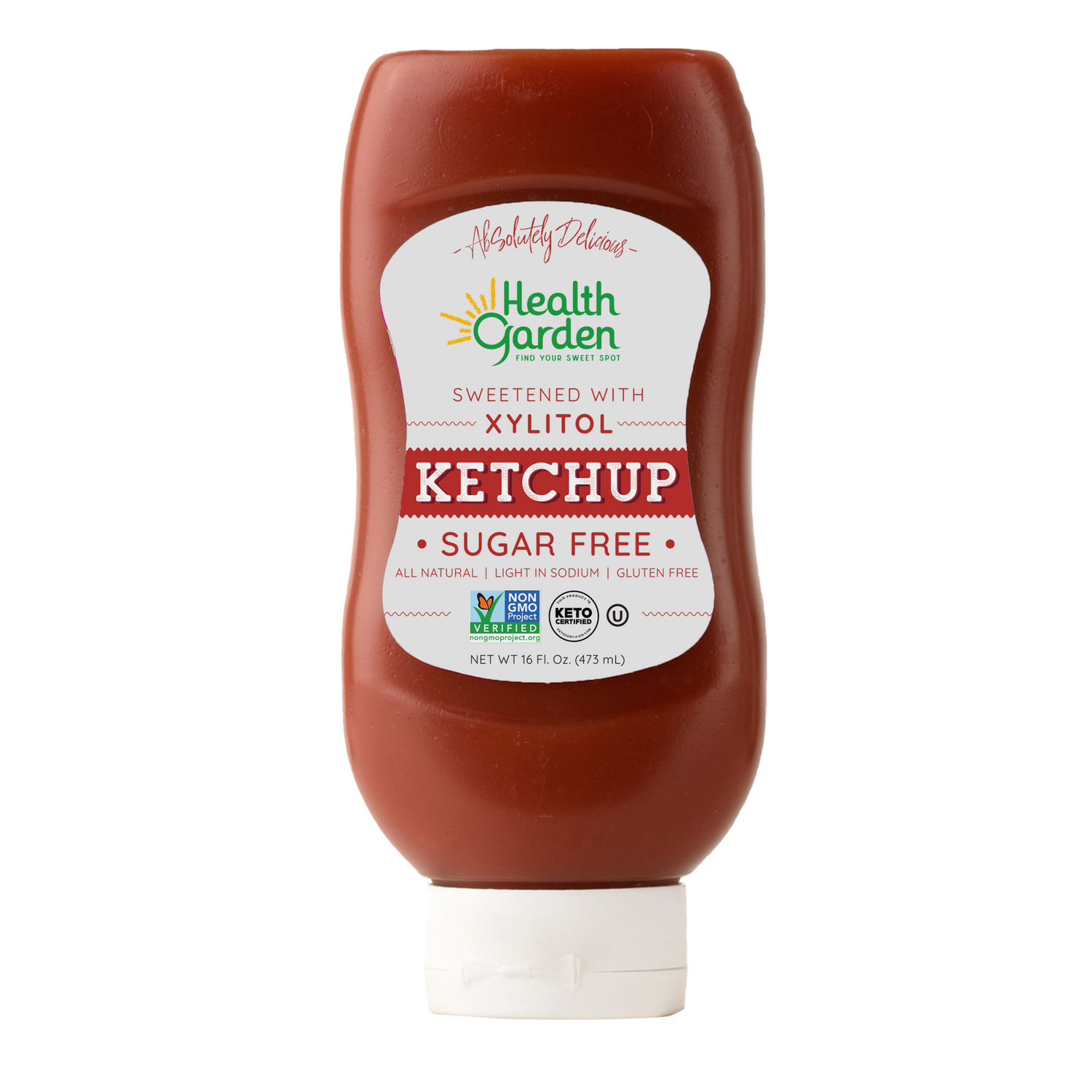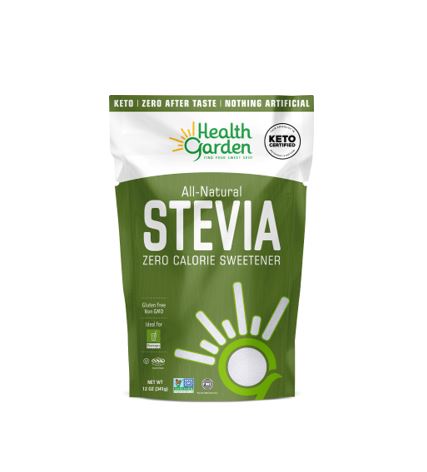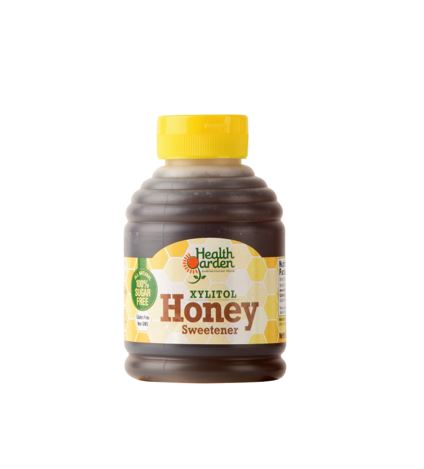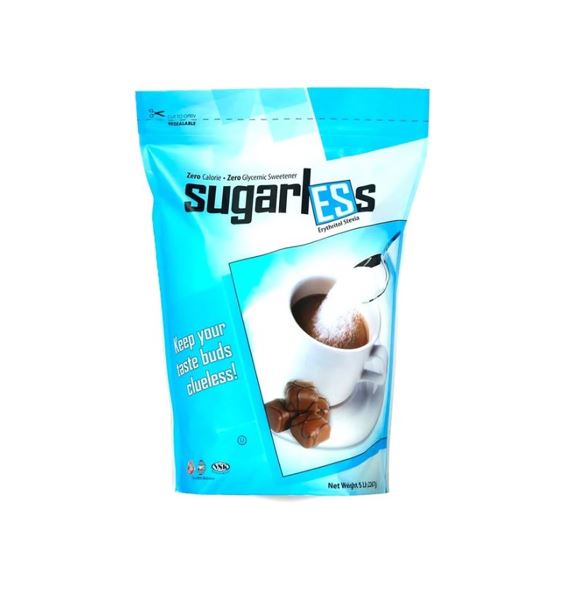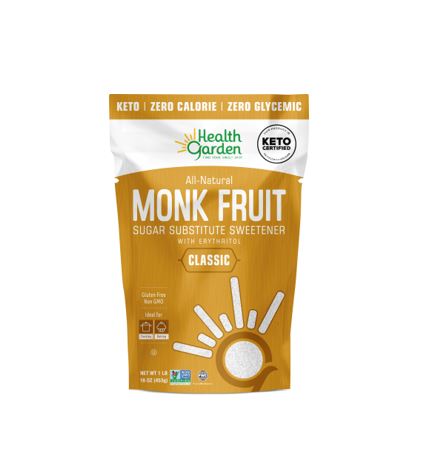What is HG Erythritol?

Introduction
Erythritol is 60-70% as sweet as sugar.
Erythritol ((2R, 3S)-Butane-1,2,3,4-tetrol) is a sugar alcohol (or polyol) that has been approved for us as a food additive in the United States and throughout much of the world.
It was discovered in 1848 by Scottish chemist John Stenhouse. It occurs naturally in some fruit and fermented foods.
Where does Erythritol comes from?
Erythritol is a naturally-occurring molecule, present in fruits (pears, watermelon, grapes, etc.), or some drinks (Sake & wine) and soy sauce.
Health Garden’s Erythritol comes from China, and it is produced at an industrial level with a fermentation process using Non-GMO cob of the corn. The product is then crystalized to 99.5% purity from the filtered & concentrated fermentation broth.
What makes it so great?
It contains zero calories and does not affect blood sugar levels or cause tooth decay. Erythritol is quickly metabolized by the body, yet only partially absorbed. As a result, you can enjoy the sweetness without the calories! Erythritol is a good choice for people with sensitive stomachs who are adversely affected by other sugar alcohols.
Process of fermentation
1.The extraction of starch from maize.
2.With a hydrolysis process, the long chains of starch are broken down into smaller glucose molecules. At this point, glucose is converted into Erythritol with a fermentation process.
3.Fermentation by a fungus: Moniliella Pollinis is applied in fermentation. The glucose carbonyl group is converted into a Hydroxyl group and the molecule goes from 6 carbon atoms to just 4.
4.Purifying Erythritol: Sterilized fermentation broth & crystallization.

Benefits
- Zero glycemic index.
- Low in calories. Zero net carbs.
- Sweet but not harsh.
- No after taste.
- Does not increase blood sugar levels.
- Protects & makes teeth stronger, prevents decay.
- Excellent substance to mix with other intense sweeteners, since it is natural and can be formulated into liquid and solid forms. It is used to provide bulk for and improve the taste of other sweeteners and is an excellent substitute for sugar (without all the related health problems).
And yes, suitable for pets!!!



